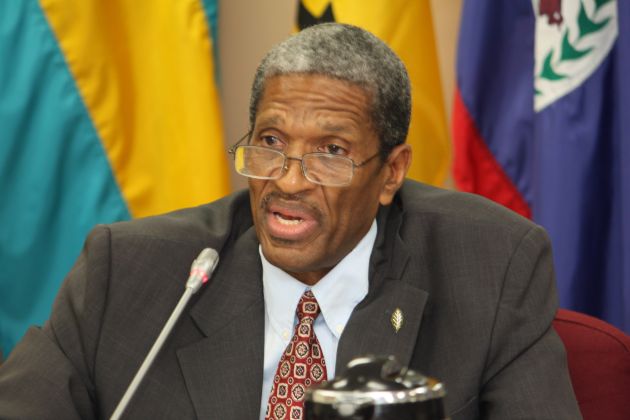ASG Note
The Caribbean Hub of the Project for Capacity Building related to Multilateral Environmental Agreements (MEAs) in African, Caribbean and Pacific (ACP) countries

The Caribbean Hub of the Project for Capacity Building related to Multilateral Environmental Agreements (MEAs) in African, Caribbean and Pacific (ACP) countries was established within the CARICOM Secretariat in 2009. This initiative, funded by the European Union (EU) and supported by the Organisation of African, Caribbean and Pacific States (OACPS) and UN Environment, now in its third phase, has made significant strides towards strengthening and enhancing the capacity of Caribbean ACP countries to effectively implement environmental agreements and their related commitments in the chemicals and waste and biodiversity clusters of MEAs.
The CARICOM Secretariat is pleased to facilitate capacity-building opportunities for CARICOM Member States, to strengthen the Region’s ability to effectively prepare for and participate in negotiations as well as maintain and implement commitments to the MEAs, which they are party. Through the support offered by the project, the voices of our Member States have been raised both regionally and internationally, a feature that the CARICOM Secretariat is encouraged by. We therefore encourage you to peruse the website to view the achievements of both the project and our Member States. Access to earlier project publications, media releases and best practice cases can be accessed here.
As we look to the future, the need for a solid institutional and knowledge-sharing platform for a more coordinated enforcement and compliance of biodiversity and chemicals and waste clusters of MEAs, has not only been recognized but has become our focus. The CARICOM Secretariat is positioned to effectively support the consolidation of the gains made by the project and commit to the continuity of efforts to fully align with the broader environment and sustainable development objectives of the region.
